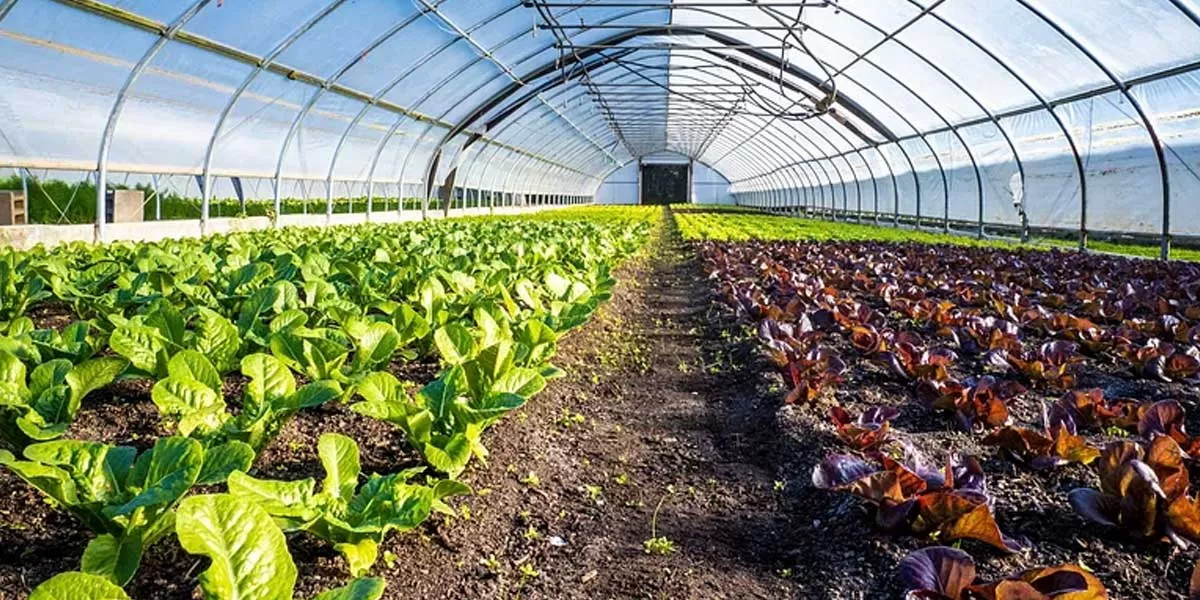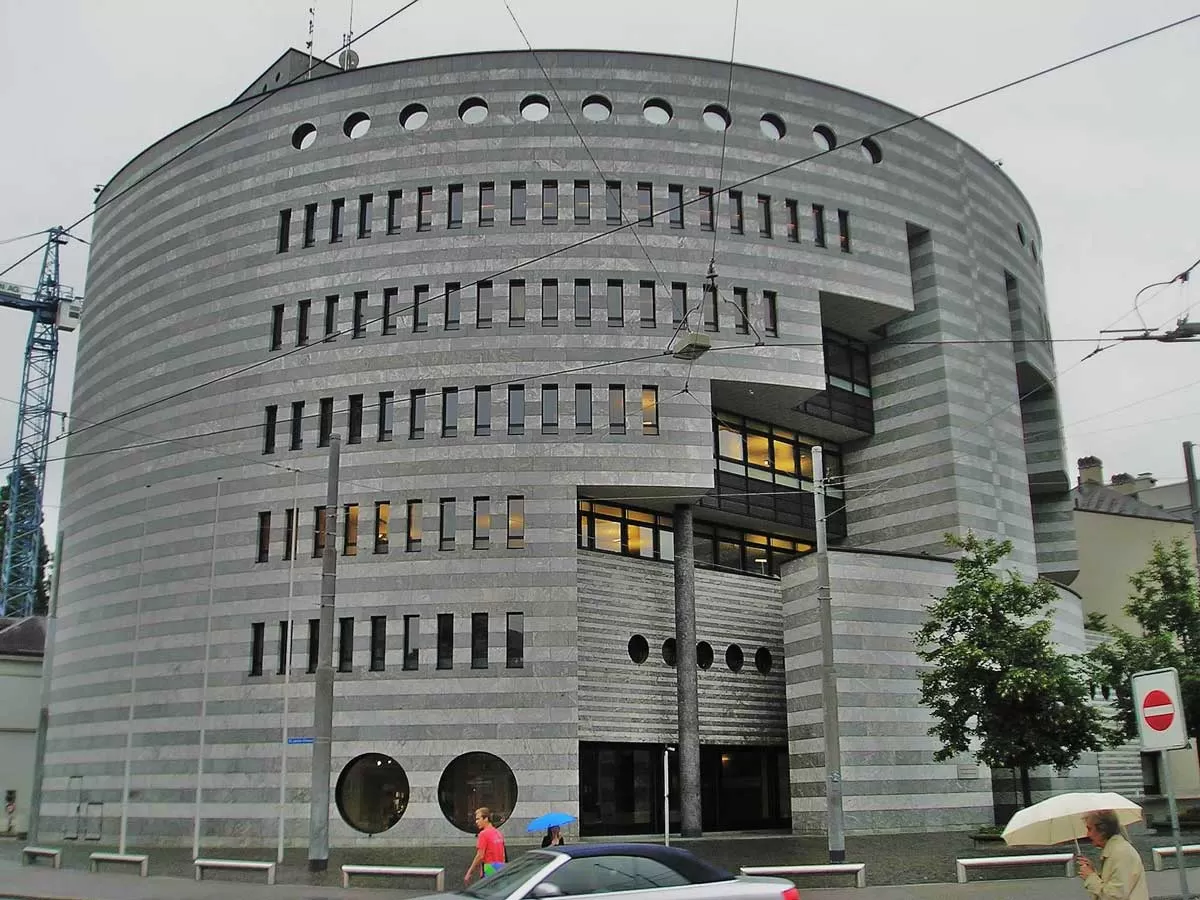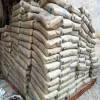
Middle East Tensions Threaten Asia-Pacific Economies as Oil Prices Surge

Indian Delegation Visits South Africa for Trade and Investment Talks
A nine-member Indian delegation participated in the second session of the India-South Africa Joint Working Group on Trade and Investment (JWGTI) held in Pretoria from 22 to 23 April 2025. Discussions were conducted in a cordial atmosphere, focusing on expanding trade ties, boosting investments, and fostering greater people-to-people exchanges. The meeting was co-chaired by Malose Letsoalo, Chief Director, Bilateral Trade Relations, Department of Trade, Industry and Competition of South Africa, and Priya Nair, Economic Adviser, Department of Commerce, India. Delegates from the High Commission ..

Ministry of Cooperation Inaugurates NCOL Organic Packaging Facility
The Ministry of Cooperation inaugurated a new state-of-the-art packaging facility of National Cooperative Organics Limited (NCOL) in Noida, Uttar Pradesh. The centre is dedicated to packaging pulses and organic products while maintaining high hygiene and quality standards. Dr Ashish Kumar Bhutani, Secretary, Ministry of Cooperation, called the facility a major milestone in promoting the Bharat Organics brand. The initiative aims to empower farmers and expand access to certified organic produce across India, while offering premium prices to farmers and affordable organic food to consumers. Un..

Adani Airport Seeks $750 Million Loan from Global Banks
Adani Group is in discussions for an offshore loan of up to $750 million for its airport arm, Adani Airport Holdings Limited, with international banks such as Barclays Plc, First Abu Dhabi Bank PJSC, and Standard Chartered Bank Plc. The funds will support capital expenditure and repay dollar-denominated debt maturing in September. The deal is expected to conclude by early May. Adani Airport Holdings Limited operates seven major airports across India and is preparing to open a new international hub worth $two billion on the outskirts of Mumbai. This would be the Group’s second significant o..














